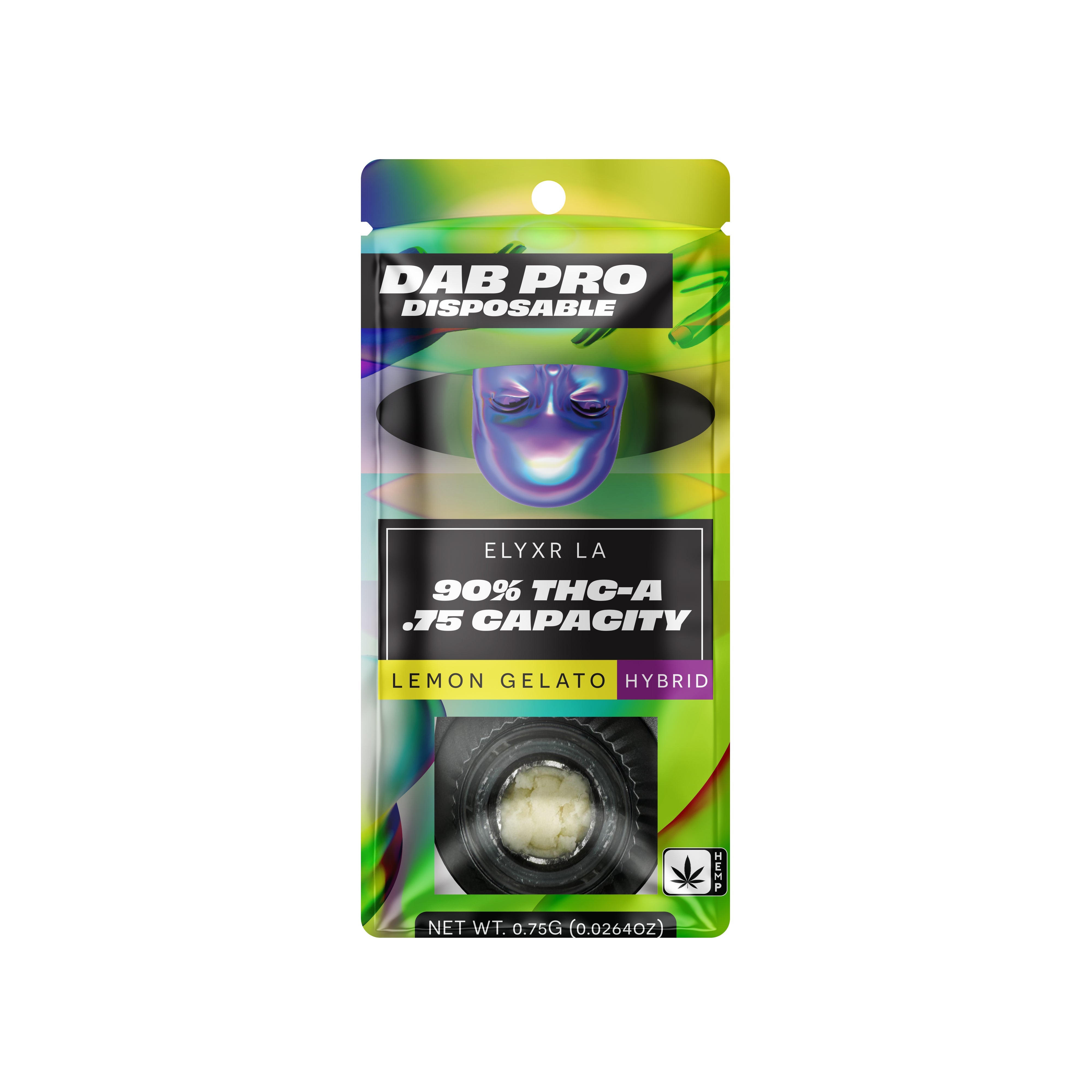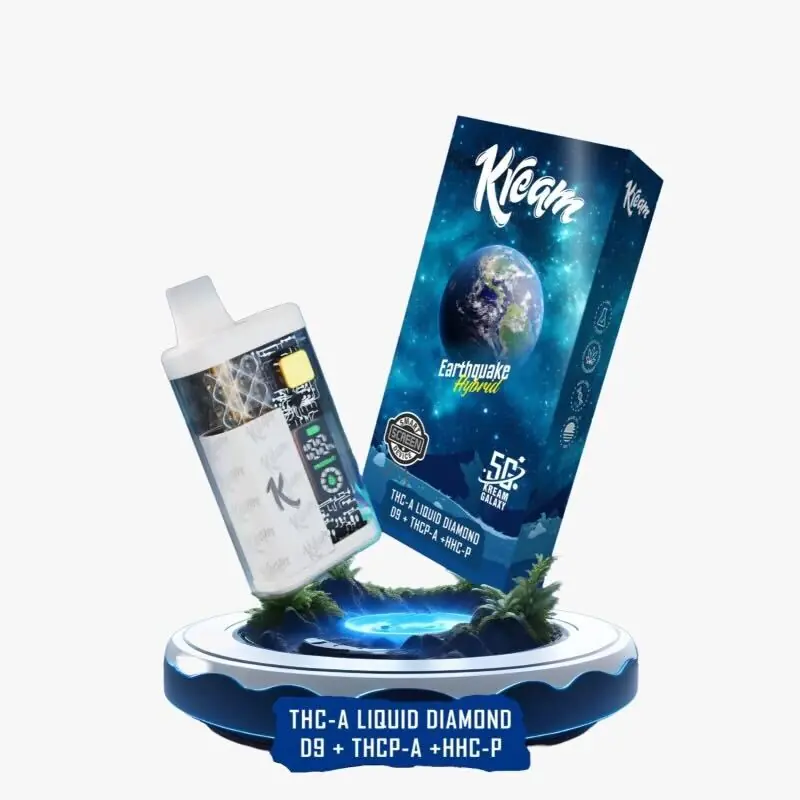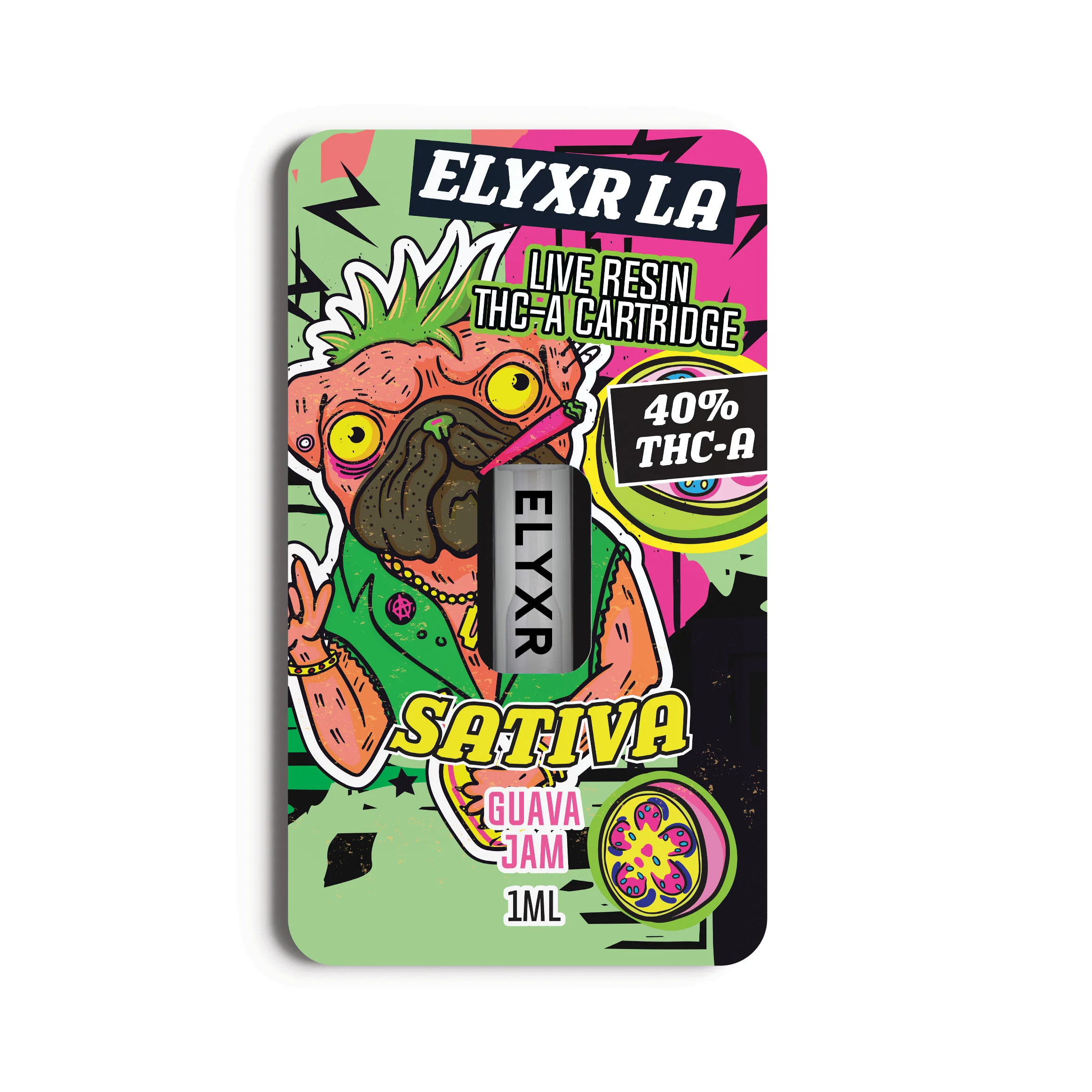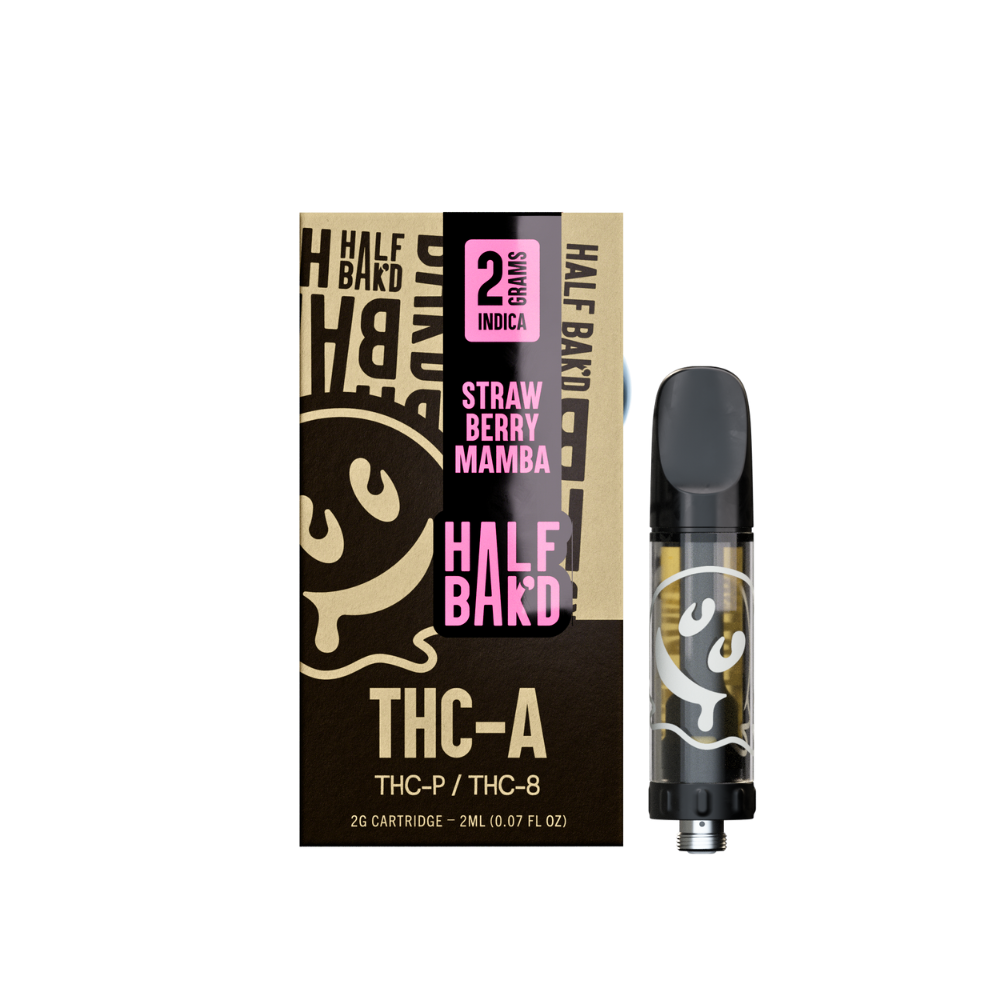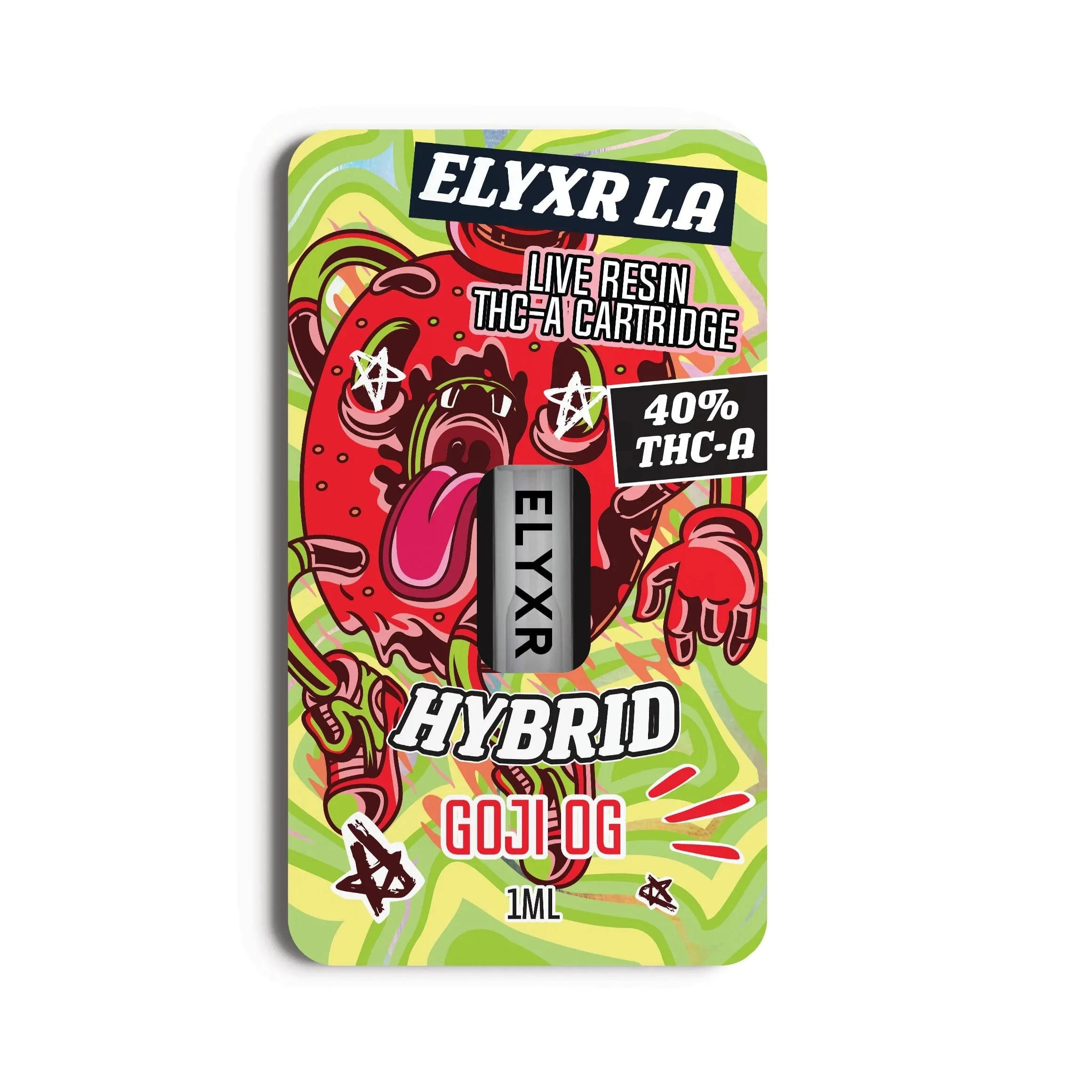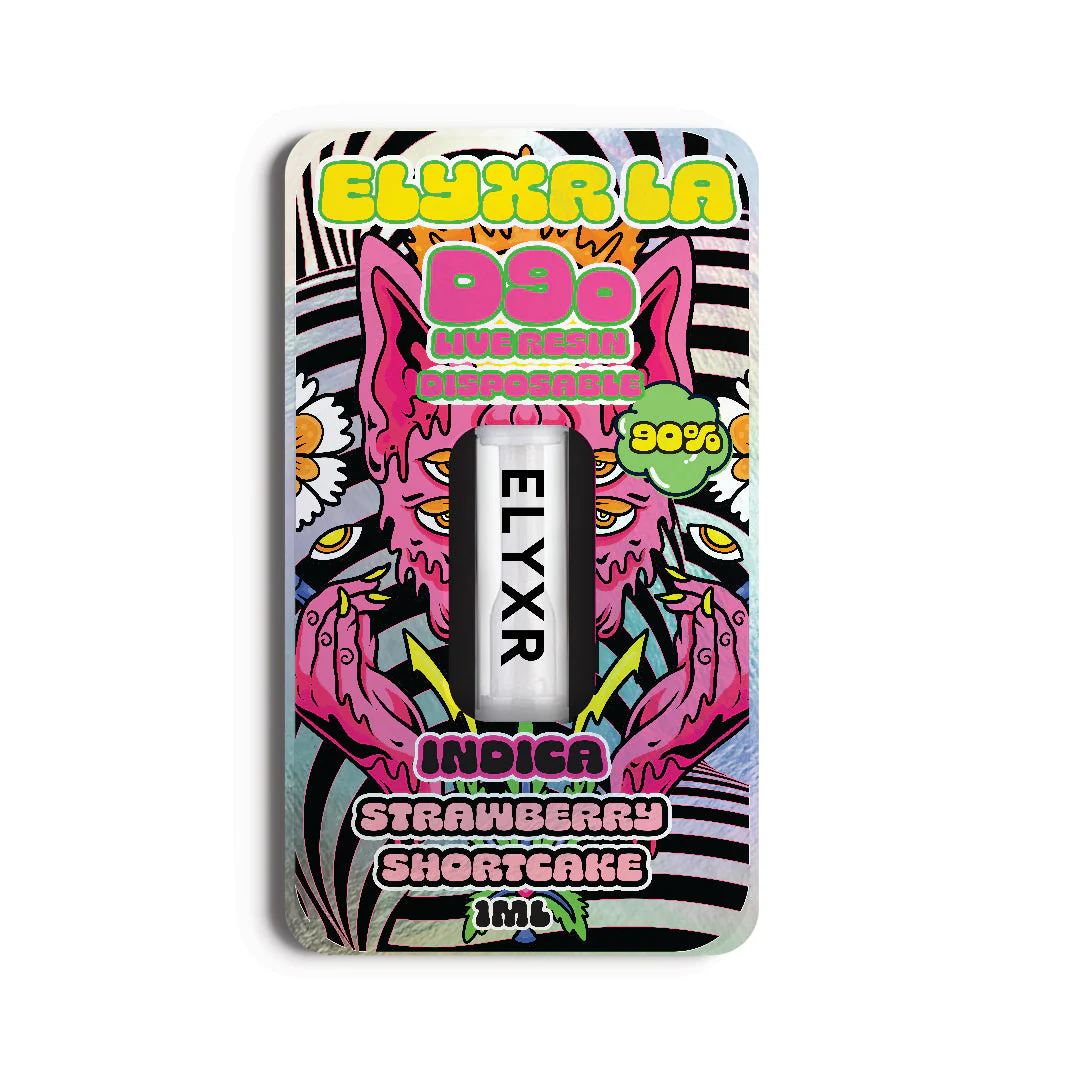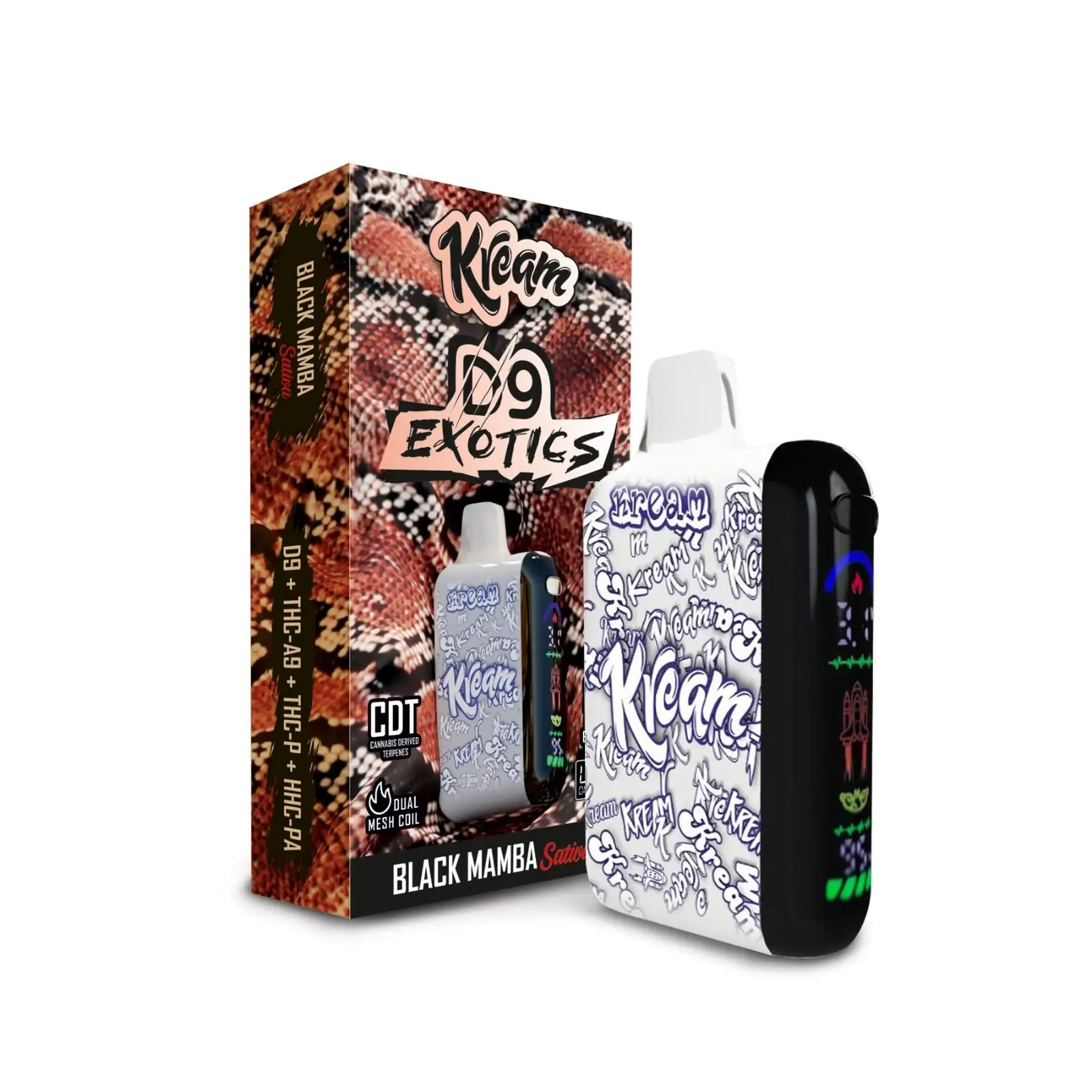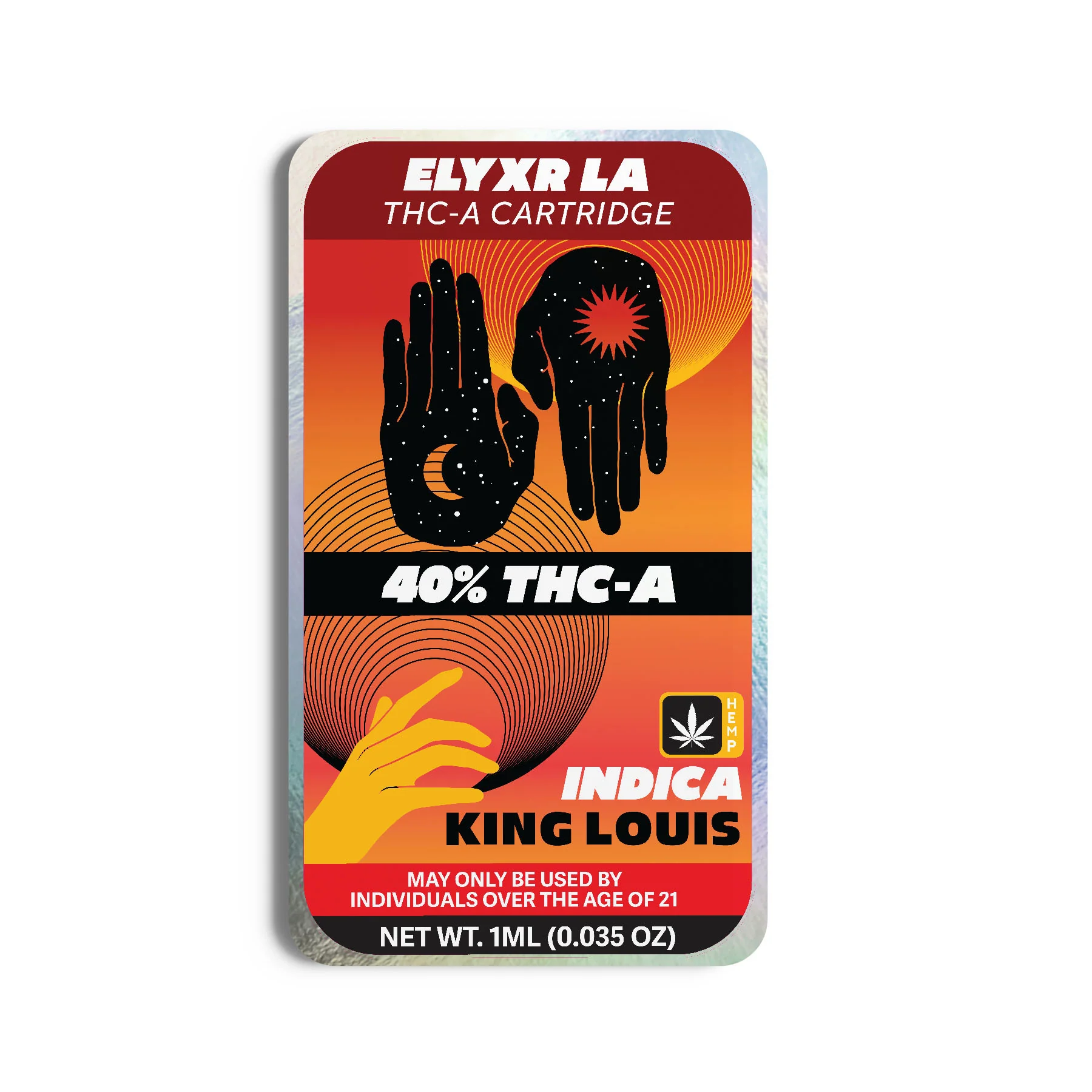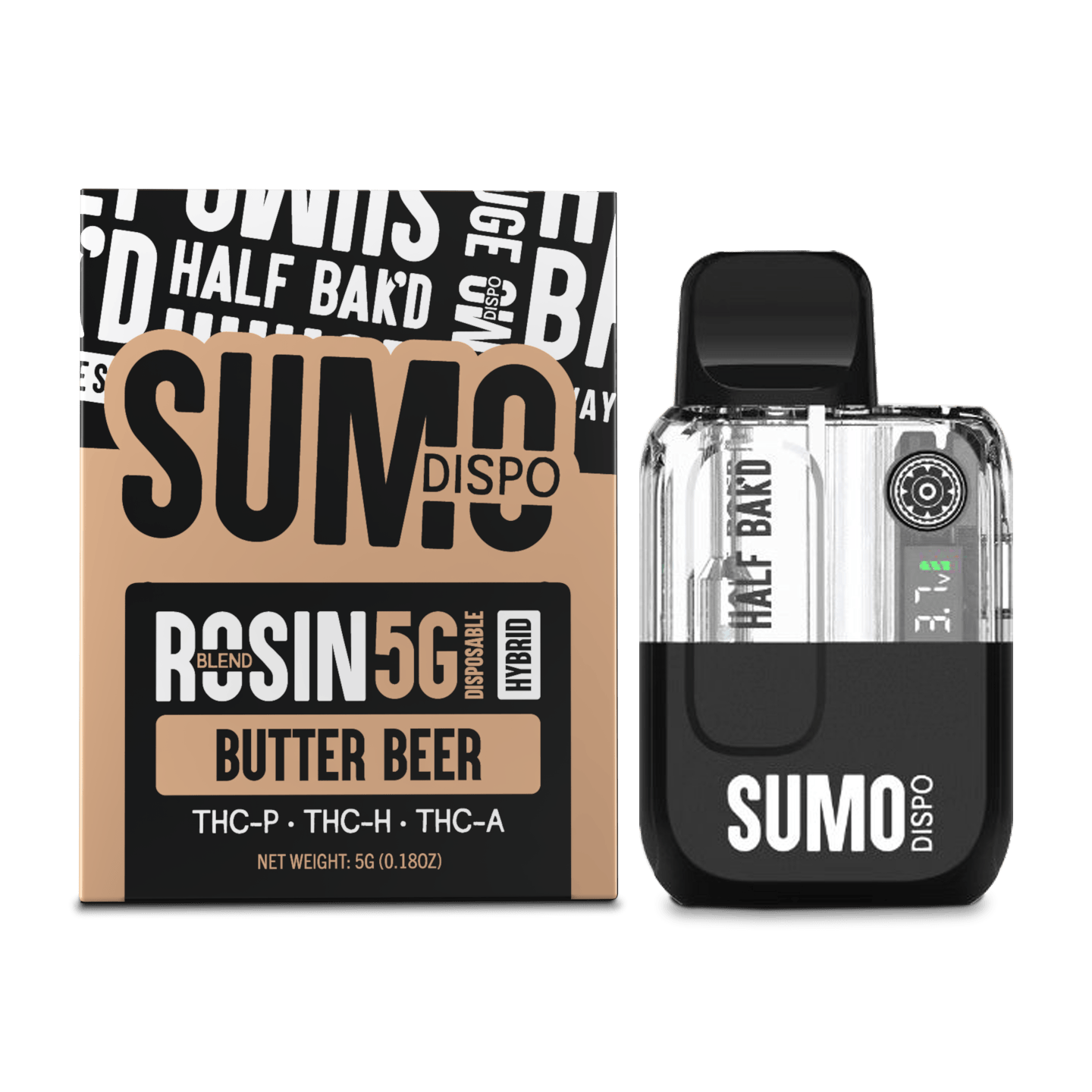When it comes to cannabis use, one of the most common questions people ask is: how long does Delta 9 stay in your system? Whether you’re using hemp derived THC products recreationally, exploring therapeutic benefits, or preparing for an upcoming drug test, understanding how Delta 9 THC interacts with your body is crucial. While the effects of smoking cannabis may fade after a few hours, THC metabolites can remain in your body far longer—sometimes weeks after use.
So, what determines how long weed stays in your system? Let’s break it down step by step, from how Delta 9 THC works in the body to what influences detection windows across various drug tests.
Understanding Delta 9 THC and Your Body
Delta 9 THC, short for Delta-9-tetrahydrocannabinol, is the main psychoactive compound found in the cannabis plant and cannabis sativa varieties. It’s also present in hemp derived products, though in much smaller amounts since federally legal hemp must contain less than 0.3% THC by dry weight.
When consumed, Delta 9 interacts with the central nervous system through the endocannabinoid system—specifically CB1 receptors in the brain. This is what produces the euphoric “high” commonly associated with marijuana use. But the body doesn’t simply forget about Delta 9 after the buzz wears off. Instead, it metabolizes THC into compounds known as THC-COOH and other THC metabolites, which are stored in fatty tissues and body tissues for later elimination.
Because Delta 9 THC is fat-soluble, it doesn’t immediately exit the body. Instead, it’s slowly released back into the bloodstream and processed by the liver, which is why longer detection windows are common compared to other substances.

How Long Do the Effects of Delta 9 Last?
The length of time you feel high doesn’t necessarily match how long Delta 9 THC stays in your system. The psychoactive effects typically last only a few hours, depending on how you consume cannabis:
- Smoking cannabis or vaping: Effects usually kick in within minutes and last around 1–3 hours.
- Edibles or cannabis products taken orally: These can last anywhere from 4–8 hours—or even longer—since THC is metabolized through digestion.
While the high wears off relatively quickly, THC metabolites remain in your body much longer, meaning you could still test positive on a THC drug test long after you stop feeling any effects.
Detection Windows: How Long Delta 9 Stays in Your System by Test Type
Different drug testing methods detect THC for varying lengths of time. Each method targets THC or its metabolites in a different way, leading to different detection windows depending on your usage habits, metabolism, and body composition.
Urine Tests
Urine tests are the most common form of drug testing due to their convenience and relatively long detection time. THC isn’t typically detected as Delta 9 itself but as THC-COOH, a non-psychoactive byproduct stored in fat cells.
- Infrequent users: May test positive for up to three to seven days after use.
- Frequent users: Can show a positive drug test for 15–30 days.
- Chronic users: Sometimes test positive for even longer, depending on their body fat, body mass index (BMI), and usage frequency.
Because THC metabolites accumulate in fat, individuals with higher body fat percentages tend to retain THC longer, resulting in a longer detection window for urine drug tests.
Blood Tests
Blood testing for THC is less common but still used in certain cases, such as roadside testing or post-accident investigations related to workplace safety. Delta 9 THC itself is usually detectable for up to 24–48 hours, though frequent users may test positive for up to a week.
Unlike urine testing, blood tests detect active THC circulating in your bloodstream, so they measure more recent cannabis use rather than long-term presence.
Saliva Tests
Saliva tests are becoming increasingly popular because they’re easy and non-invasive. However, they have a much shorter detection window—typically 1–3 days for most users. These are sometimes used in roadside testing and can detect recent smoking cannabis or edible use.
Saliva testing looks for THC that’s still in the mouth and saliva, which means even secondhand marijuana smoke could, in rare cases, trigger a positive test result.
Hair Tests
Hair testing has the longest detection period by far. A hair test can detect THC for up to 90 days because THC metabolites become trapped in hair follicles as hair grows. While hair tests are less common for workplace screenings, they’re occasionally used in substance abuse programs due to their extended detection capability.
Factors That Influence How Long Delta 9 Stays in Your System
Your detection window can vary dramatically based on individual differences. Here’s what affects how long Delta 9 THC stays in your system:
- Usage frequency: Frequent users or chronic users will retain more THC metabolites, leading to a longer detection window.
- Dosage and THC levels: Higher doses or potent cannabis products mean more THC to process.
- Body fat and BMI: THC is stored in fat, so individuals with higher body mass index or body fat may retain THC longer.
- Metabolism rate: A faster body’s metabolism can help eliminate THC more efficiently.
- Healthy and balanced diet: Nutrient-rich foods and hydration support metabolic health and can modestly influence how quickly you flush THC.
- Exercise: Regular physical activity can speed up the body’s processing of THC metabolites stored in fat cells.
- Consumption method: Smoking, vaping, or ingesting hemp derived THC all affect how THC is absorbed and metabolized.
Everyone’s system depends on a unique mix of these factors, so there’s no universal timeframe for how long Delta 9 THC stays in your system.

Delta 9 vs. Other Cannabinoids: How Does It Compare?
When comparing Delta 9 to other cannabinoids, the detection times are similar—but with some key differences.
Delta-8 THC, for example, is metabolized almost identically, so most standard drug tests can’t differentiate between them. Both can trigger a positive test on various drug tests.
Meanwhile, CBD, though derived from the cannabis plant, doesn’t produce intoxication and typically won’t cause a positive drug test unless contaminated with small amounts of THC. Similarly, THCa (the raw form of THC found in unheated cannabis) can convert into Delta 9 THC when exposed to heat, meaning it can still cause a positive drug test in some cases.
So while Delta 9 THC may be the main focus of standard drug tests, many cannabinoids share overlapping detection patterns.
Can You Speed Up the Process? Myths vs. Facts
When facing an upcoming drug test, many people look for ways to flush THC from their system quickly. Unfortunately, there’s no miracle cure or instant fix—just myths that often lead to negative consequences or a failed drug test.
Common misconceptions include:
- Drinking excessive water to “flush” out THC
- Relying on detox products or masking agents
- Intense exercise right before a urine test
While staying hydrated, maintaining a healthy and balanced diet, and exercising can support your body’s metabolism, they won’t instantly eliminate THC. In fact, last-minute detox attempts can raise suspicion in most drug tests or even lead to inconclusive results.
Ultimately, the only reliable way to pass a THC drug test is to give your body enough time to naturally process and detecting THC at undetectable levels.
How to Estimate Your Personal Detection Window
Estimating how long Delta 9 THC stays in your system depends on understanding your personal habits and physiology. Here’s a general approach:
- Track your cannabis use: Frequency and amount directly impact detection.
- Assess your body type: Body fat and BMI play major roles in retention.
- Consider your metabolism and lifestyle: Regular activity and diet can influence processing speed.
- Be mindful of testing type: Urine testing, blood testing, and hair testing each have different detection windows.
There are online THC calculators that claim to estimate your detection window, but they’re only rough guesses. The only way to be absolutely certain you won’t test positive on a THC drug test is by abstaining long enough for your body to eliminate THC completely.
The Role of Delta 9’s Half-Life
Delta 9’s half-life—the time it takes for half the substance to leave your system—varies between 25 to 36 hours for single use but can extend to several days in frequent users. Because of THC’s fat solubility, it doesn’t exit linearly; instead, it slowly releases from fat cells back into the bloodstream before being broken down and excreted.
This gradual process is why chronic users often have a longer detection window and may test positive long after they stop using.

Final Thoughts: Knowledge Is Power
So, how long does Delta 9 stay in your system? The truth is, it depends. Factors like usage frequency, body fat, and metabolism determine how long weed stays detectable. Urine tests can pick up THC metabolites weeks after use, blood tests may catch recent consumption, and hair tests can reveal cannabis use months later.
Understanding these detection windows helps you avoid negative consequences like a failed drug test or jeopardized future employment prospects. Whether your cannabis comes from hemp derived THC or traditional marijuana, being aware of how long Delta 9 THC can stay in your body is key to making informed, responsible choices.
Frequently Asked Questions
1. How long is Delta 9 detectable in urine?
The amount of time Delta 9 THC remains detectable in urine tests depends largely on how often you use cannabis and your body’s unique makeup. For infrequent users, Delta 9 may be detectable for around three to seven days after use. Frequent users—those who consume daily or multiple times a week—may test positive for up to 15 to 30 days, while chronic users can sometimes show THC traces for even longer.
This is because THC metabolites, particularly THC-COOH, build up in fat cells and are gradually released as your body metabolizes fat. Factors like body fat, body mass index, hydration, healthy and balanced diet, and overall body’s metabolism all influence how long Delta 9 stays in your system. So while the psychoactive effects wear off after a few hours, urine drug tests can continue to detect THC long after your last session.
2. Will delta 9 make you fail a test?
Yes—Delta 9 THC can absolutely cause a positive drug test result on most standard drug tests. Whether you’re using hemp derived THC or traditional cannabis products, Delta 9 produces the same THC metabolites that drug testing panels are designed to identify.
Since most drug tests don’t distinguish between marijuana-derived and hemp-derived sources, any detectable level of THC could trigger a positive test or even a failed drug test. This includes urine testing, blood testing, saliva tests, and hair tests.
If you know you’ll be drug tested—for workplace safety, future employment prospects, or any reason—it’s safest to avoid THC use altogether until after testing. Even trace amounts from secondhand marijuana smoke or residual THC levels in hemp derived products could, in rare cases, lead to an unexpected drug test outcome.





